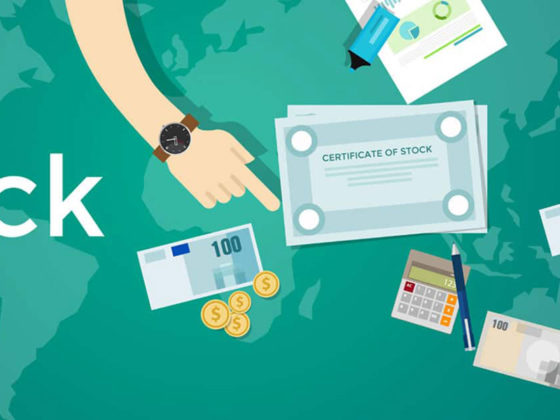There is no shortage of trading programs available at the current time. A simple search on Google will turn out hundreds of programs for a perspective trader’s perusal. Of course, there is a certain level of "sticker shock" when the perspective trader investigates the price of some of the programs. Some of the more famous programs may cost as much as $5000, sometimes more. The question is a simple one, how does a relatively simple program and up costing so very much?
This is no easy question to answer in common sense terms. Many program owners would argue that their training programs will allow you to make far in excess of $5000, so they’re program is worth every penny you pay for it. I suppose that’s a fairly logical answer, though I find it a bit confusing.
In the real world, (to which the Internet bears no resemblance) programs and produce are priced according to the amount of labor, raw materials, and marketing expenses associated with the program. That particular model has been in existence since the beginning of capitalism. Granted, there have been exceptions to this pricing model, one need only look at the pharmaceutical industry to see this exception in action. So we can deduce from this accession that prices can be set to whatever the market will bear. In cases like this, utility and cost inputs are thrown to the wayside and whatever a consumer is willing to pay will determine the price of a given commodity.
So the logical conclusion must be that consumers are willing to pay $5000 to learn this highly valuable information contained in these expensive trading courses. There is a problem with that though, because most of the information in these courses is fairly generic in nature and the oscillators and indicators used are readily available on most trading Internet sites. Granted, the specific implementation or methodology used to coordinate the oscillators and indicators may be, in fact, proprietary information. With my examination of the utilization of most of the indicators and oscillators, their coordination didn’t indicate an overly sophisticated methodology.
There is one important variable that would be worth $5000, though none of the courses I examined offered this option. I think it is important for all trading students to have a qualified mentor at their side to encourage and assist them during the difficult learning process. As any experienced trader will tell you, the market is a difficult creature to understand and highly illogical in nature. Things are not always as they seem, or as they ought to be according to our understanding of common sense. But common sense is not a word you would normally associate with the markets, so ongoing mentorship from a qualified trader is indeed an important commodity and in my opinion a rationale for charging $5000 for a trading course. Apparently though I am the only one that feels this way for this was not a commonly offered benefit in the course offerings that I examined.
The logical conclusion to this discussion boils down to the simple fact that people are willing to pay $5000, or maybe $10,000 to learn to trade the futures markets. This high price is usually justified by reminding potential clients that they may in fact earn far more than their initial investment in their future trading operations. Unfortunately, the facts do not support the statement in the least. Depending upon which source you care to quote, anywhere from 50% to 70% of novice traders fail within the first three months of trading. Considering the exorbitant price of trading courses, this is a fairly startling figure to consider. Of course, it is entirely possible that not all of these failed students enrolled in a trading course, so it would be unfair and unlikely to blame the relatively high failure rate on high-priced trading courses alone.
While trading courses are ambiguous thing and I will not further debate the prices of trading courses, I feel the most important variable in novice trader’s success is proper mentorship. You don’t hear people talking about mentorship much these days, but most of what I learned about trading in my career I learned from my mentor. The things he taught me were not in books, or trading courses, there are lessons he learned through years of trading and they were the single most helpful factor in a successful career I enjoyed. Trading courses? Oscillators and indicators? No, I think the most important factor in trader’s success is a good mentor.



